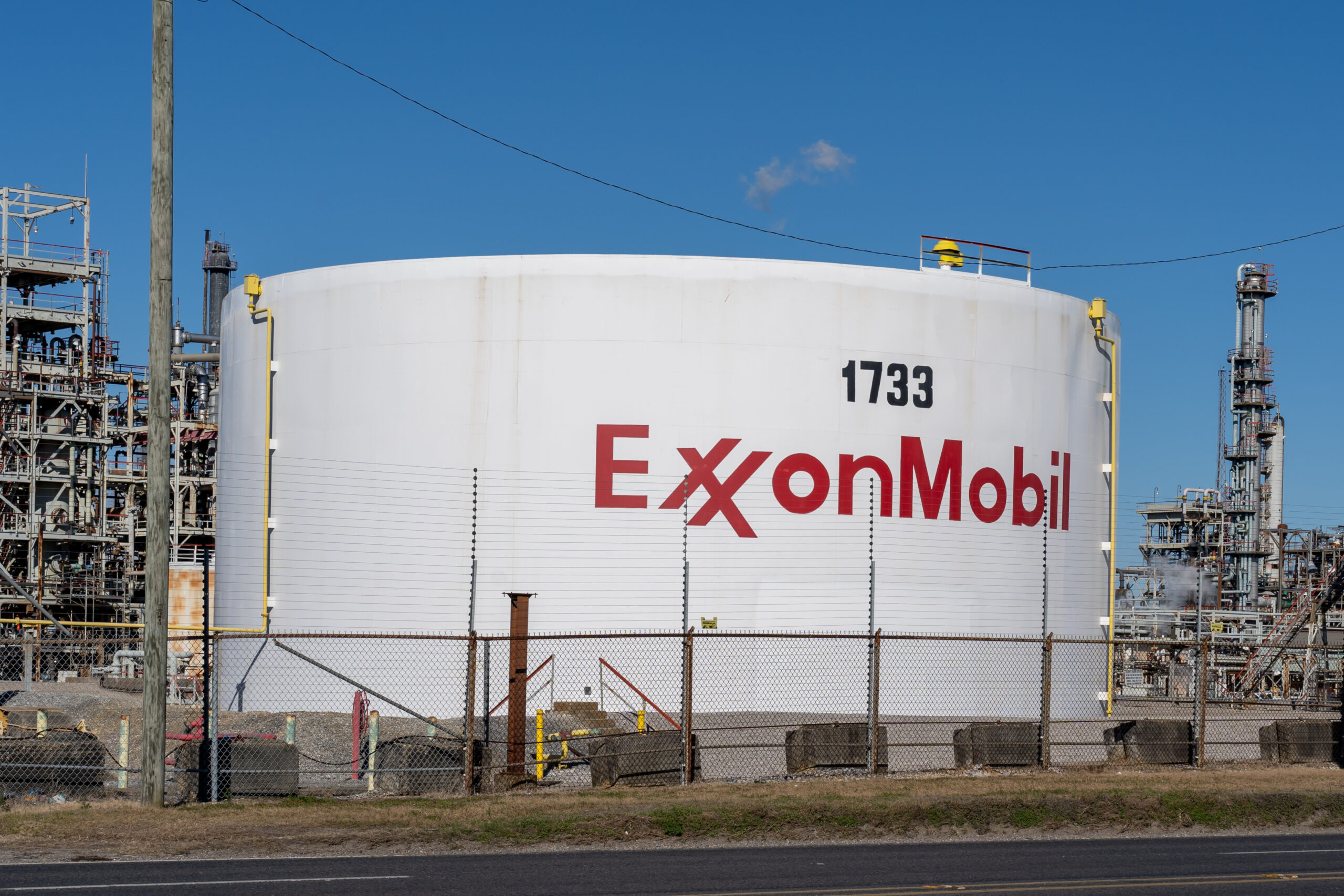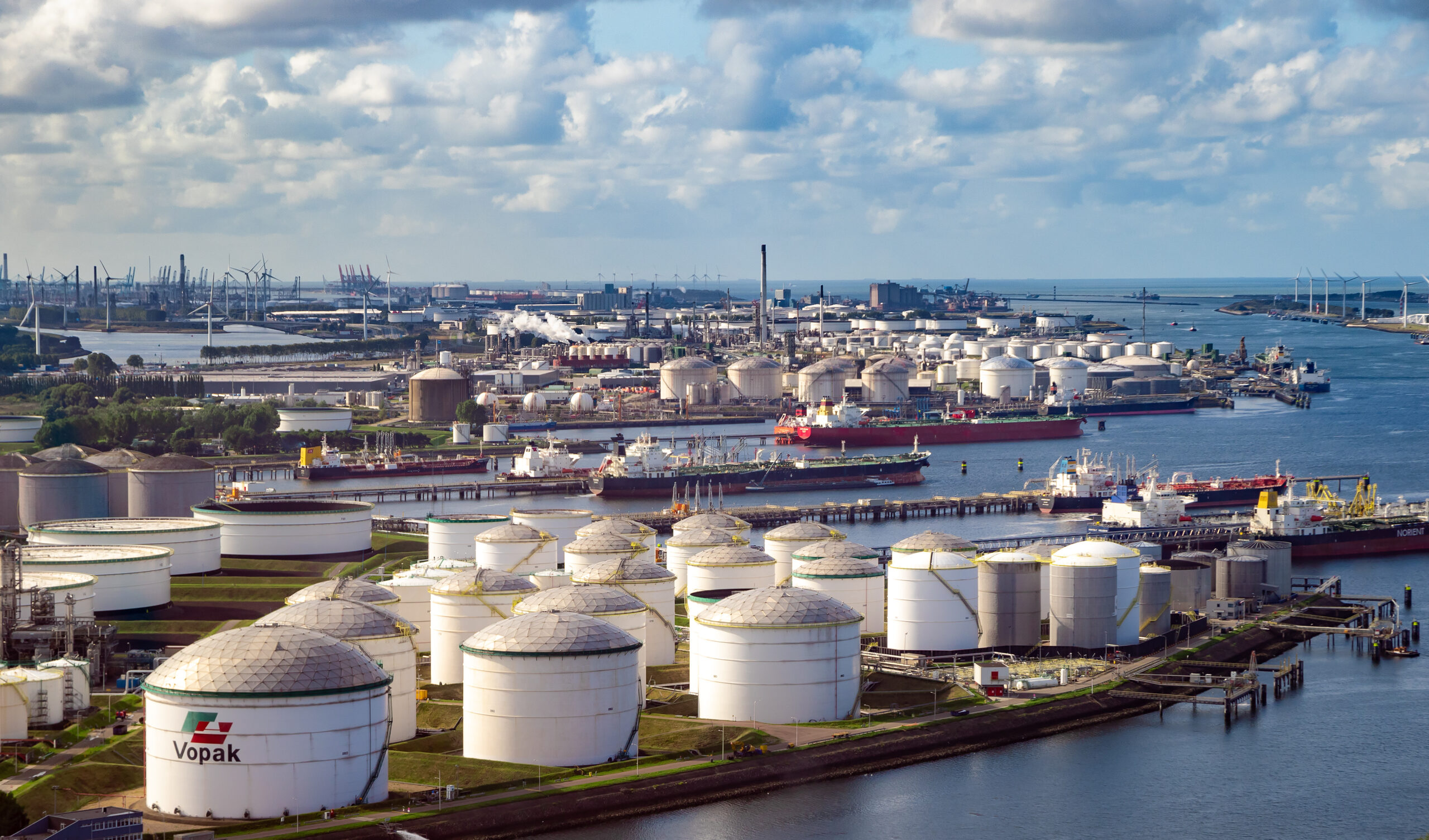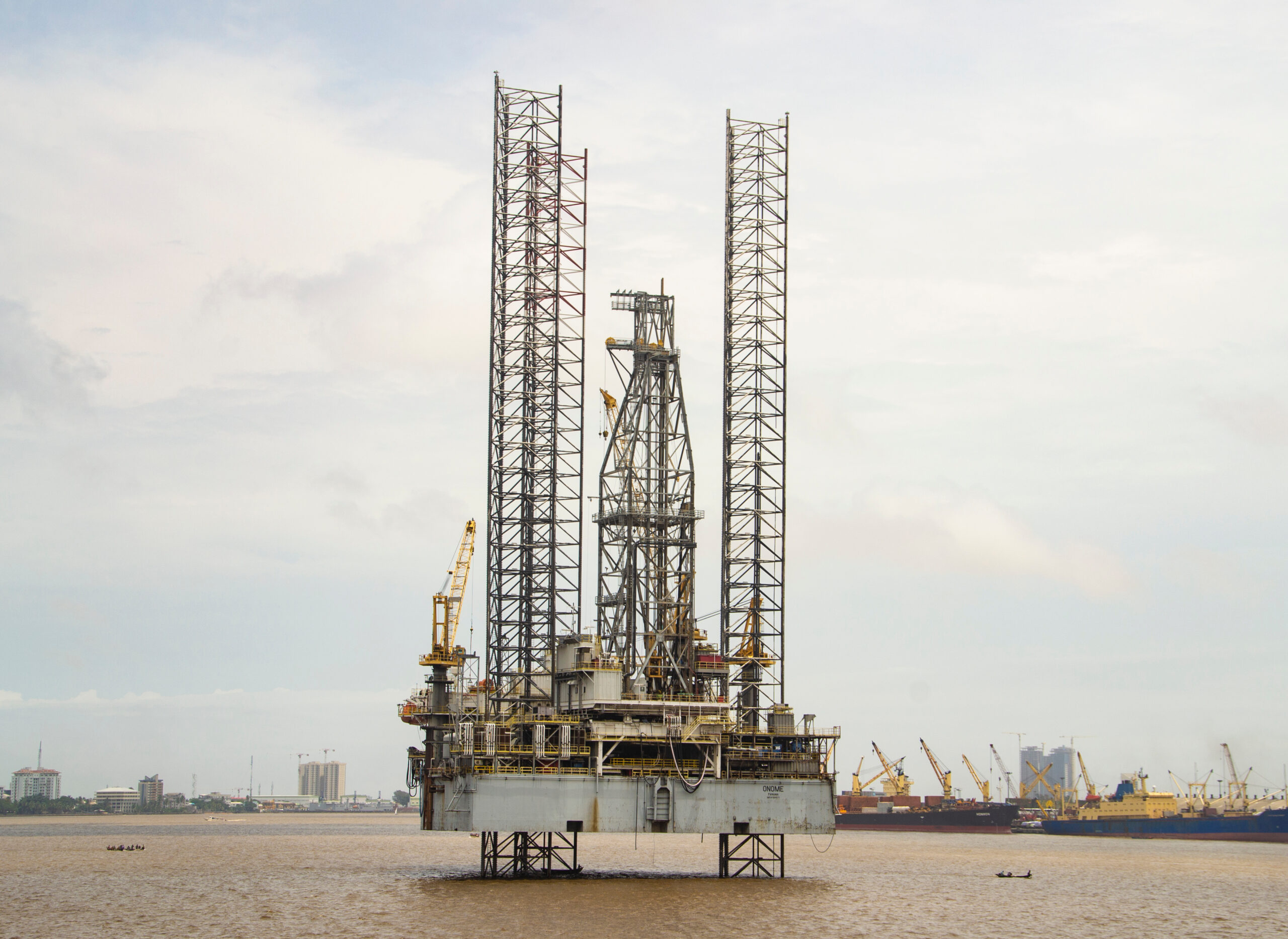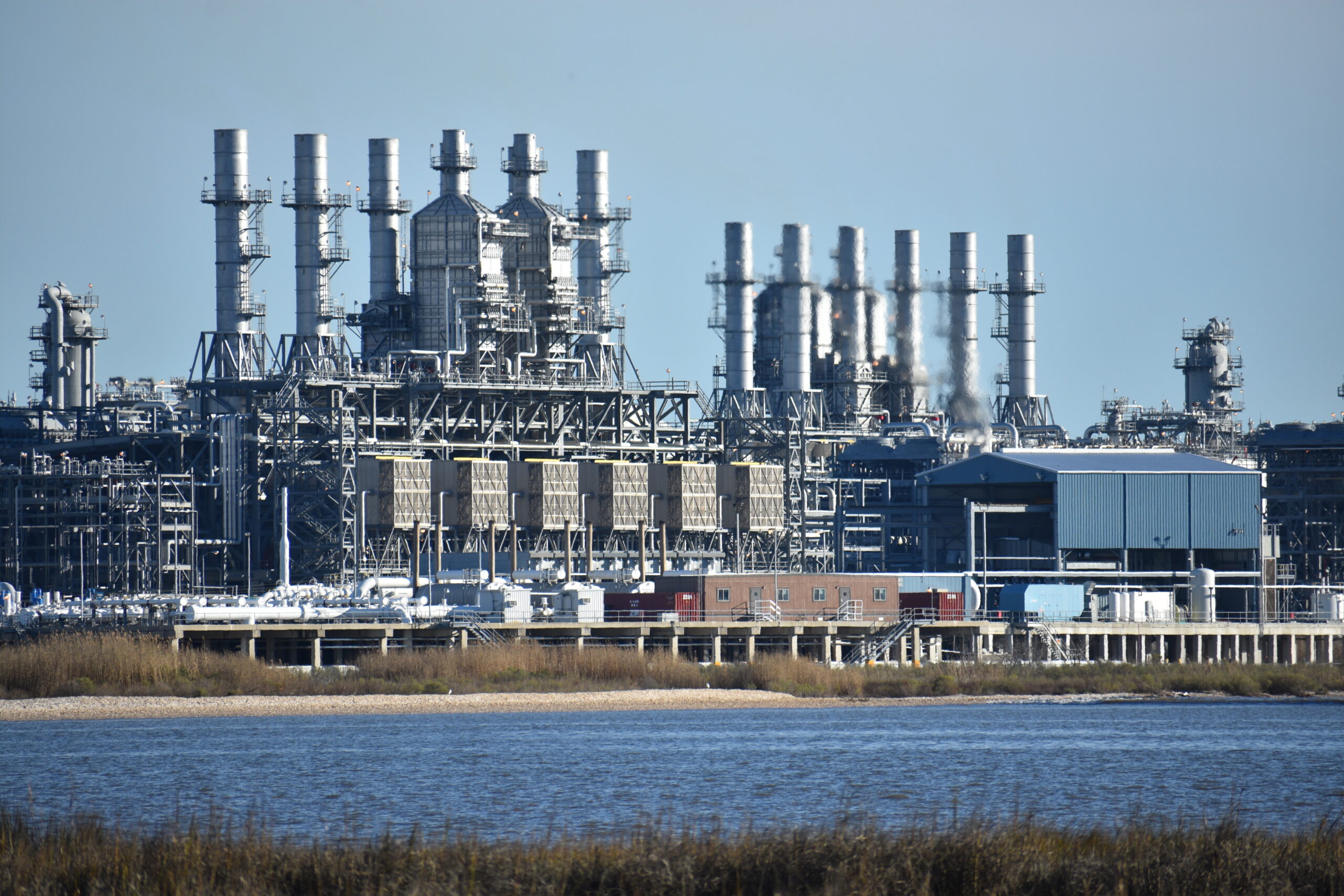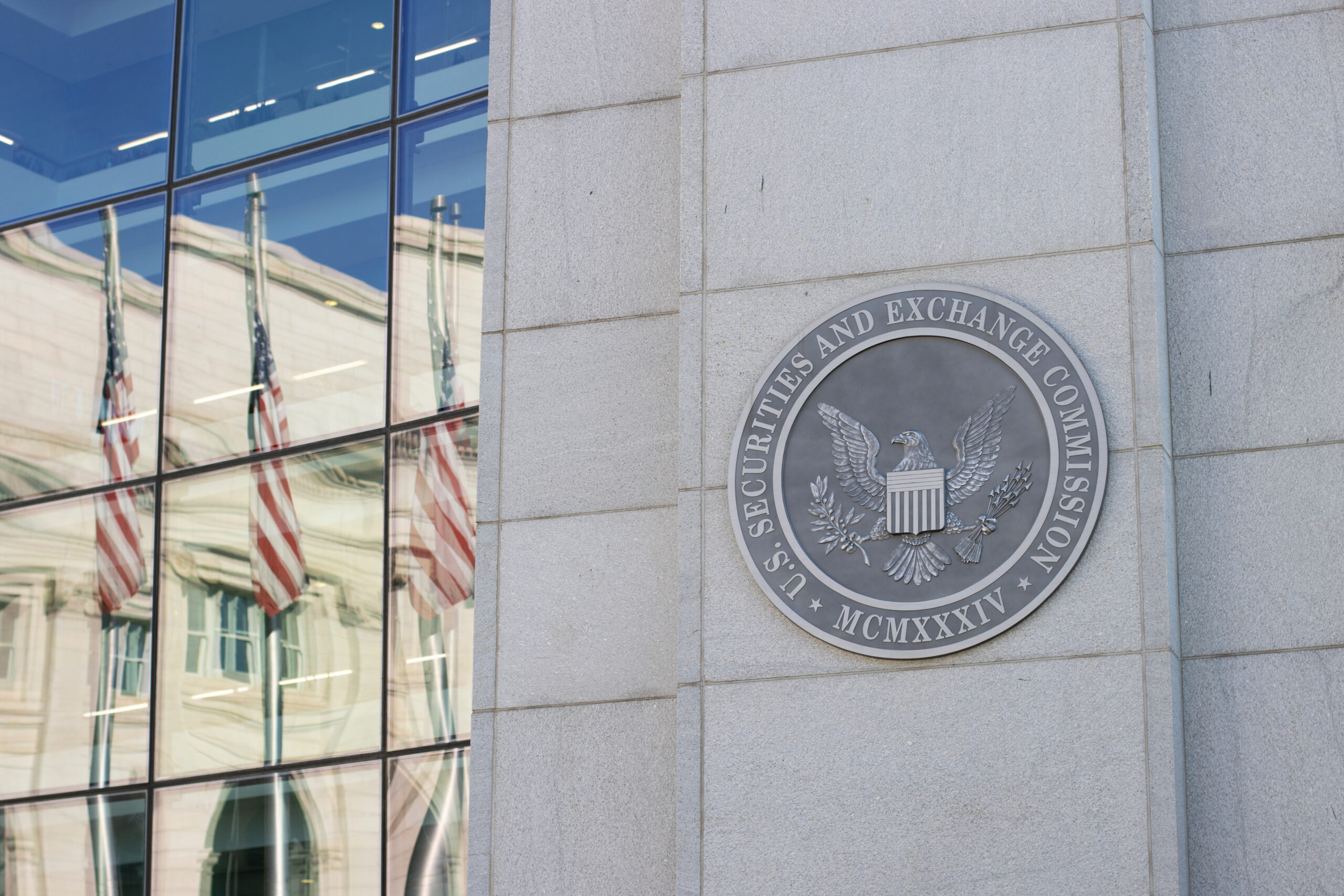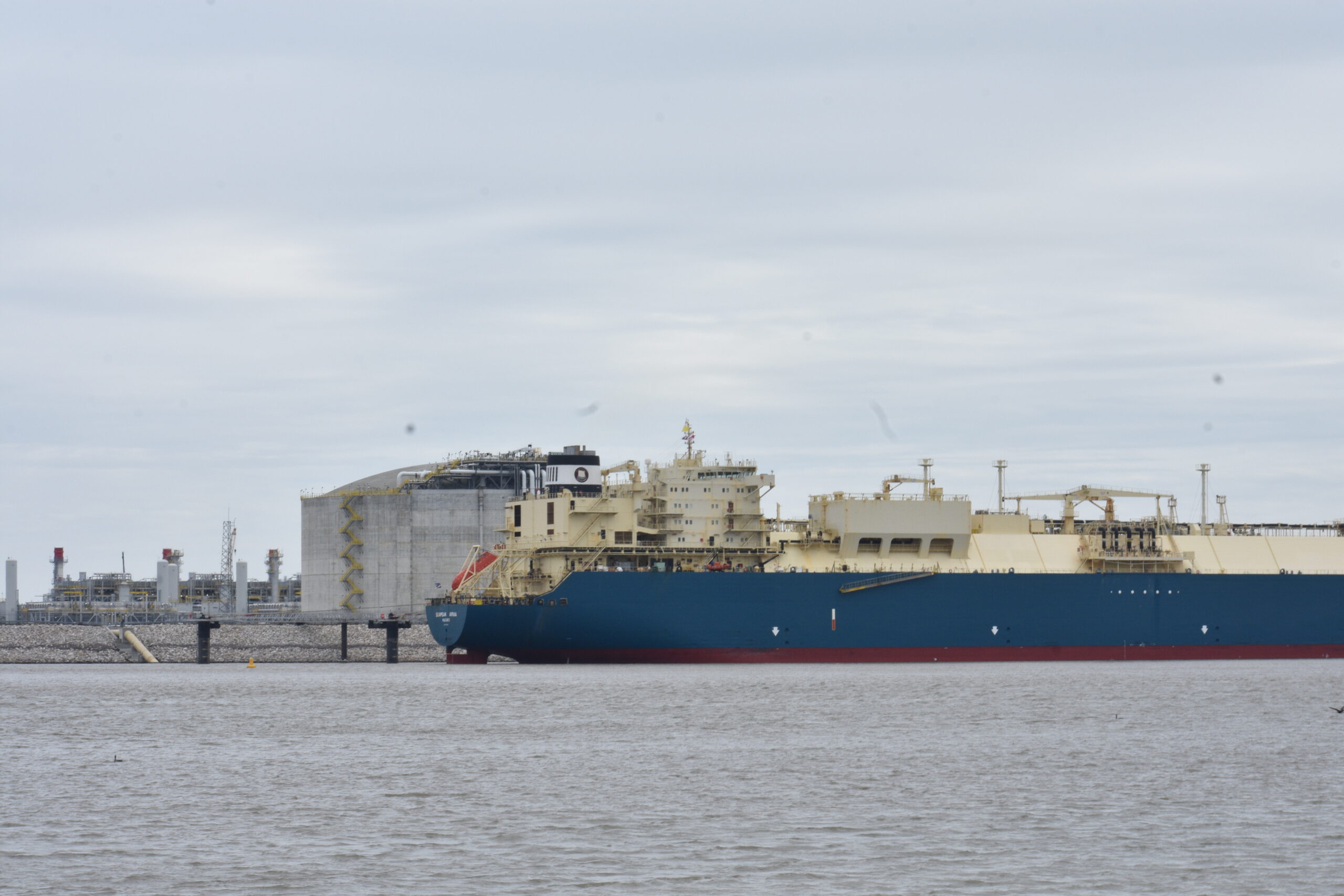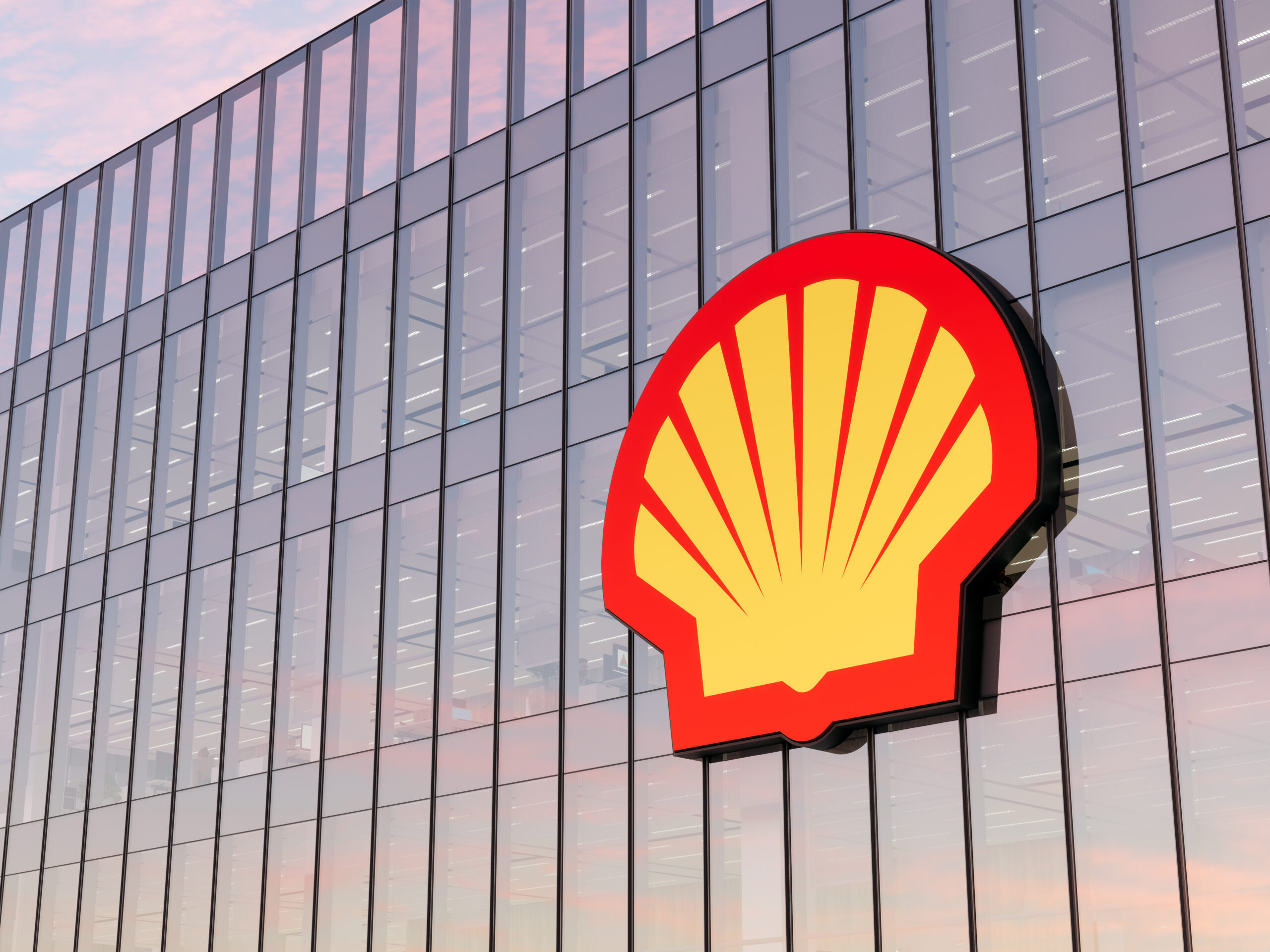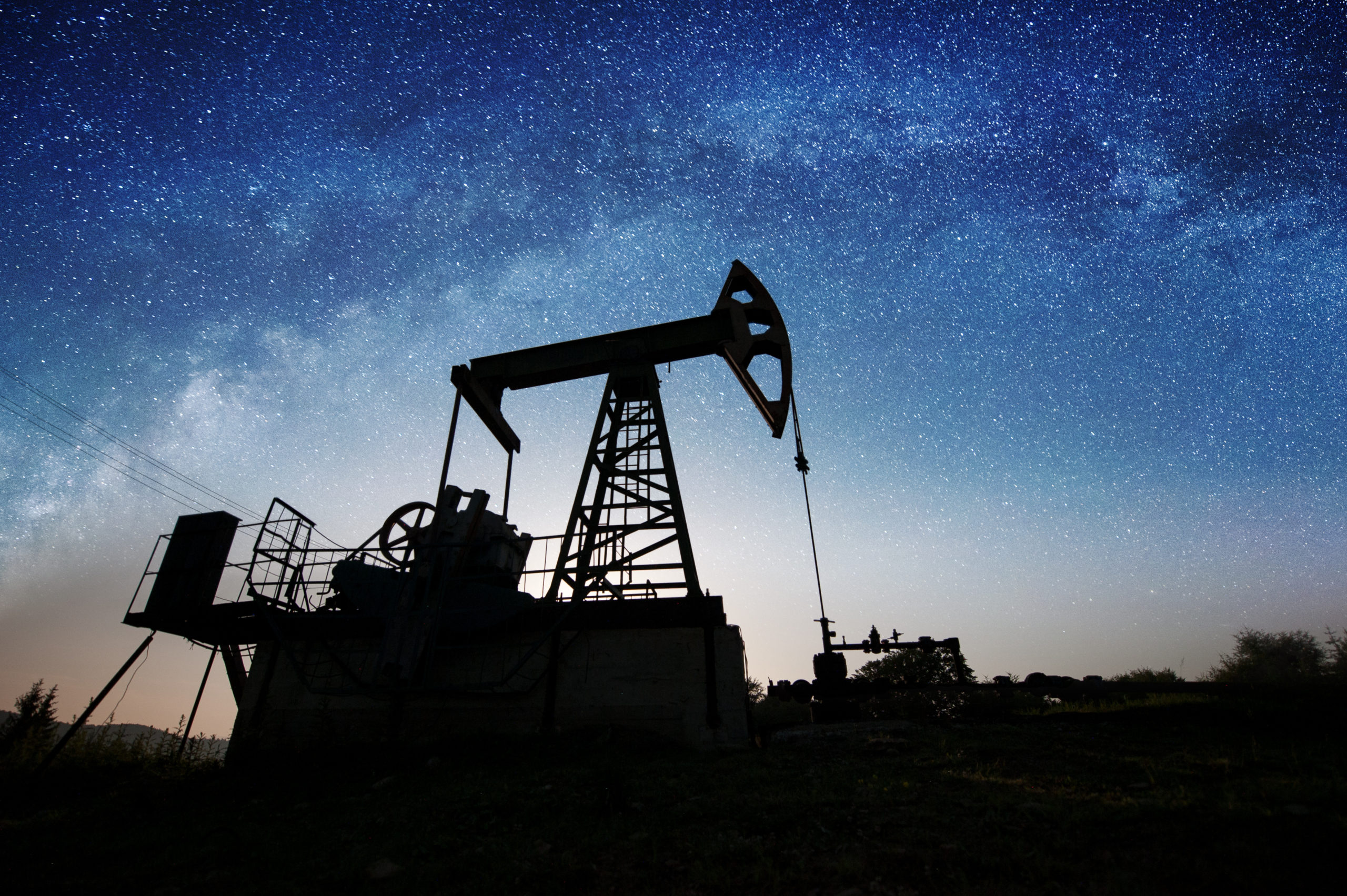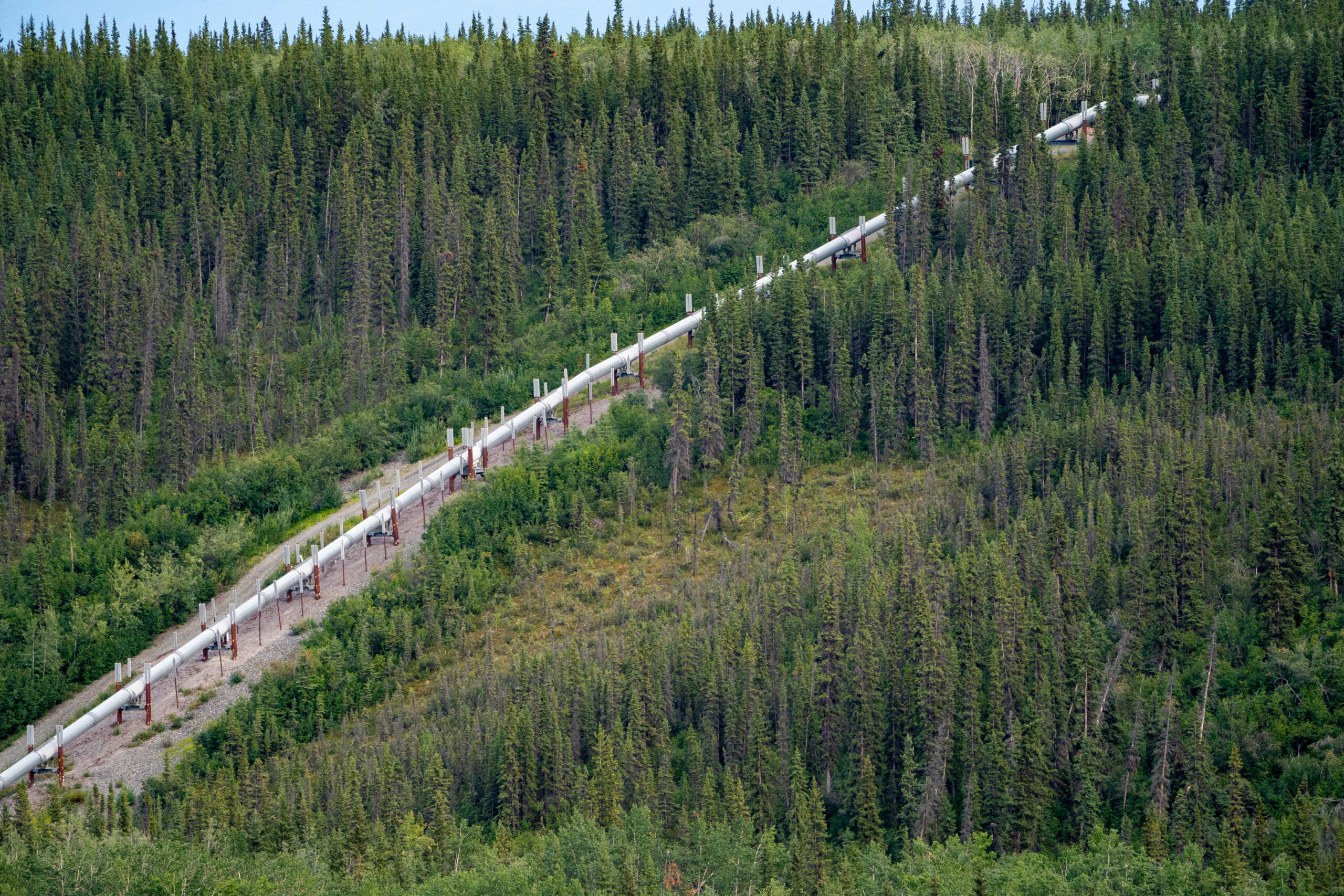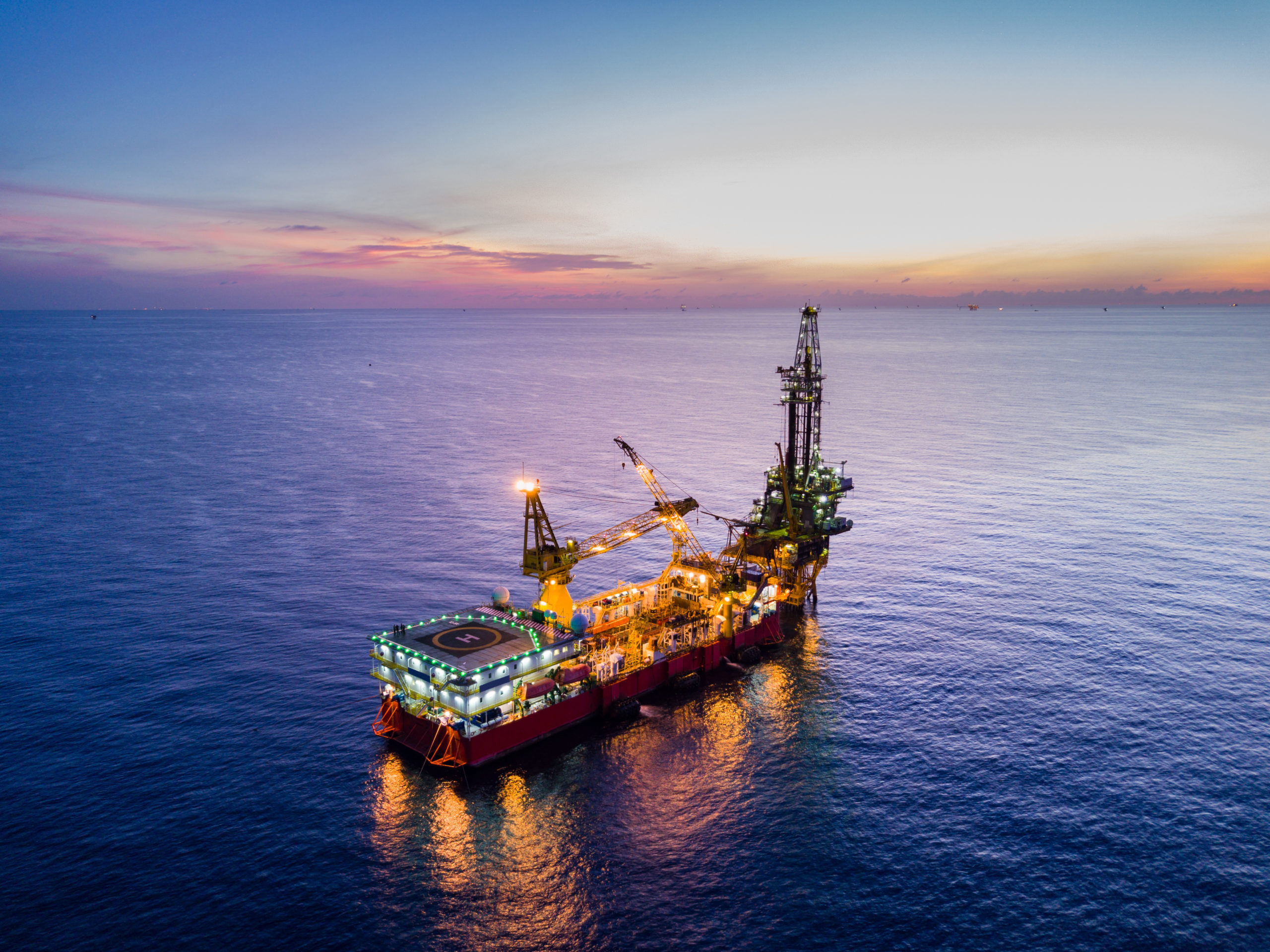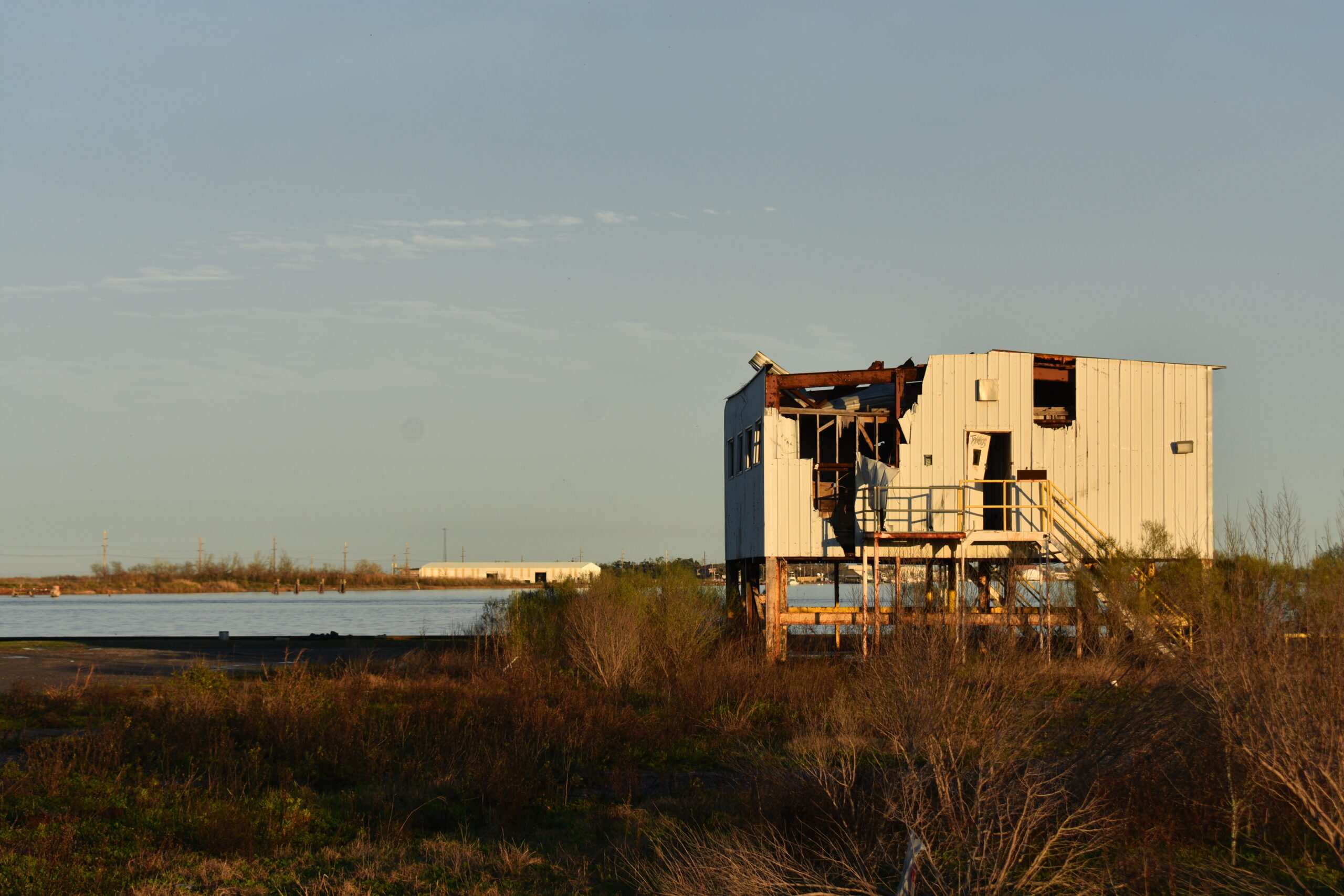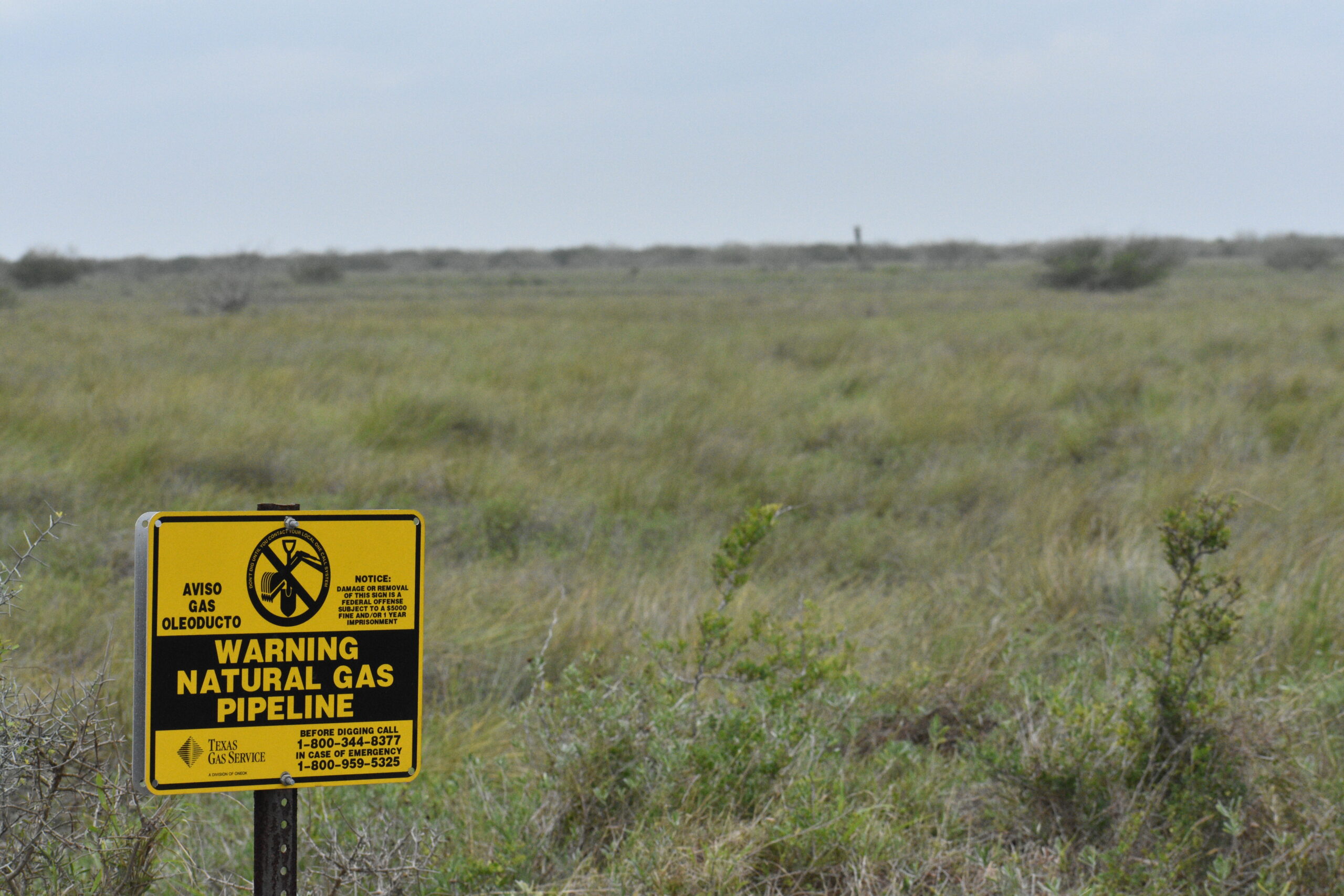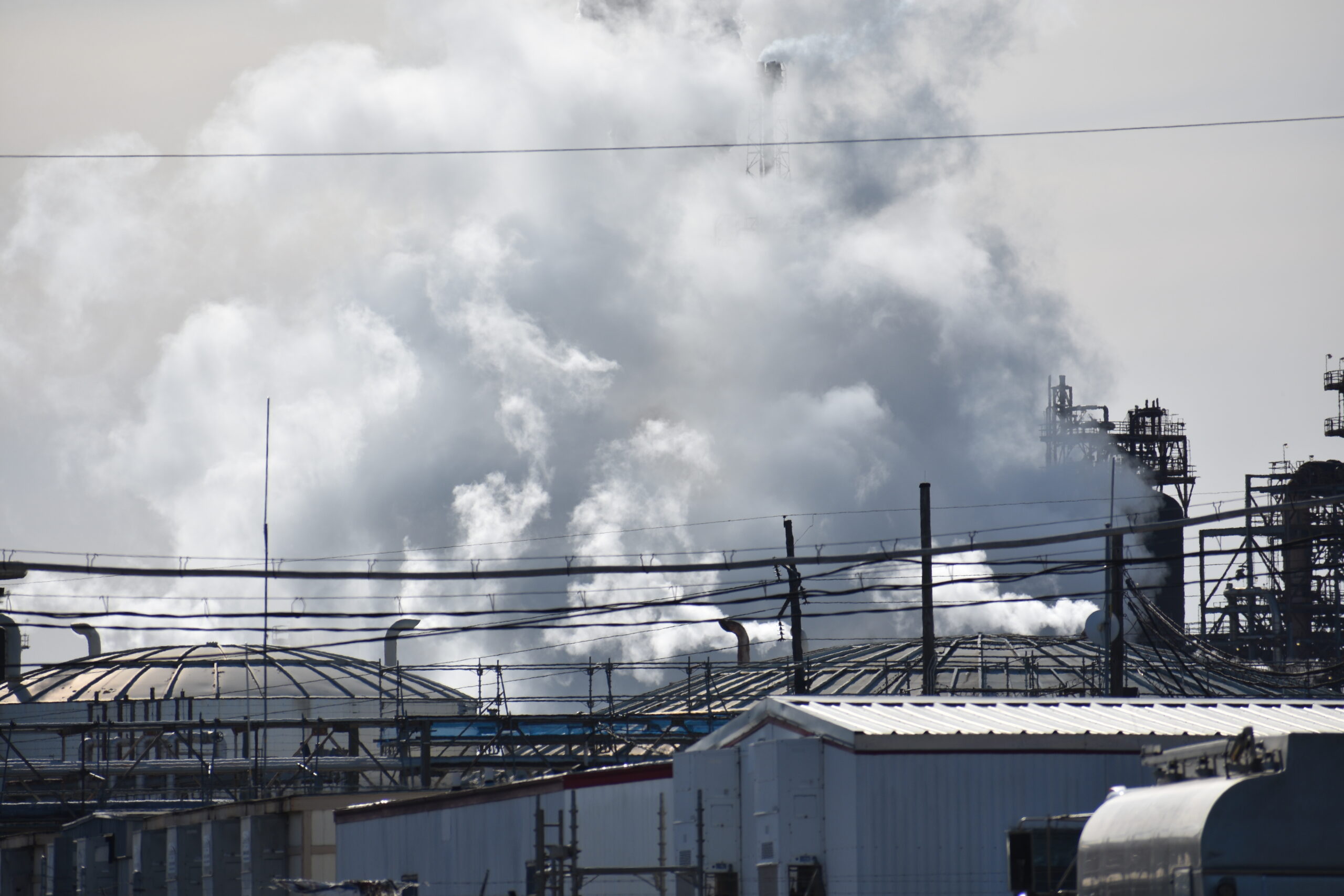Plastics and petrochemical producers are vehemently opposed to limits on plastics production. They are working overtime in Ottawa this week to weaken the treaty, civil society groups warn.
As the 4th round of talks get underway this week in Ottowa, scientists, campaigners, and a coalition of countries are calling for substantive progress on a global plastics treaty that would place restrictions on production. Plastics and petrochemical producers are trying to prevent that outcome.
The climate litigation victory is significant for a country that has been warming at more than twice the global rate in recent years.
The ExxonMobil lawsuit represents a first of its kind but is happening against the backdrop of a wider pushback against climate activism by energy companies.
The landmark legislation will require companies to measure and quantify both their source- and site-level EU methane emissions for the first time.
Shell has sold its Nigerian subsidiary to a local consortium for $2.4 billion, exiting onshore, prompting experts to raise environmental and legal concerns.
The White House said it was freezing permit approvals for all new proposed U.S. LNG export projects, citing a need to overhaul the regulatory process. Climate groups called it a “massive win.”
The climate disclosure requirements are far weaker than originally outlined by the financial regulator two years ago.
According to The New York Times, the Biden administration is set to announce a major review of how it permits new U.S. LNG projects, potentially delaying more than a dozen proposed facilities for a year or more.
A group of 27 investors, including Europe’s largest asset manager, have filed a shareholder resolution that calls on Shell to align its operations with the Paris Climate agreement.
Even burning just the oil, gas, and coal in existing fields and mines would far exceed the carbon budget for a 50% chance of staying below 1.5°C warming, a new report has found.
Constrained by a court decision, the Biden administration said it would auction off land for new oil and gas drilling. But climate activists see the move as backtracking on climate progress
The Ukraine war and its impact on global energy prices is creating headwinds for Thailand and its climate goals.
Already scarred by climate change, southwest Louisiana is on the frontlines of the rush to build new LNG.
The proposed Woodfibre LNG project has seen costs soar, and is not competitive with larger LNG projects on the U.S. Gulf Coast, despite generous public subsidies. Critics say it will not offer the economic benefit for which British Columbia is hoping.
The scenic Howe Sound, in British Columbia, has seen a stunning improvement in marine life. But this “success story” is under threat from the proposed Woodfibre LNG project, critics say.
A major Texas LNG project is promising to be the “greenest” LNG project in the world. But critics say it rests on ‘speculative’ and unproven carbon capture and sequestration technologies.
While much of the Texas coast is inundated with oil and gas infrastructure, the southern coast remains largely untouched by heavy industry. That could change with big plans for Texas LNG export terminals.
The global plastics and petrochemical industry wants to build toxic facilities in Black communities. But residents of “Cancer Alley,” Louisiana, are fighting back.




